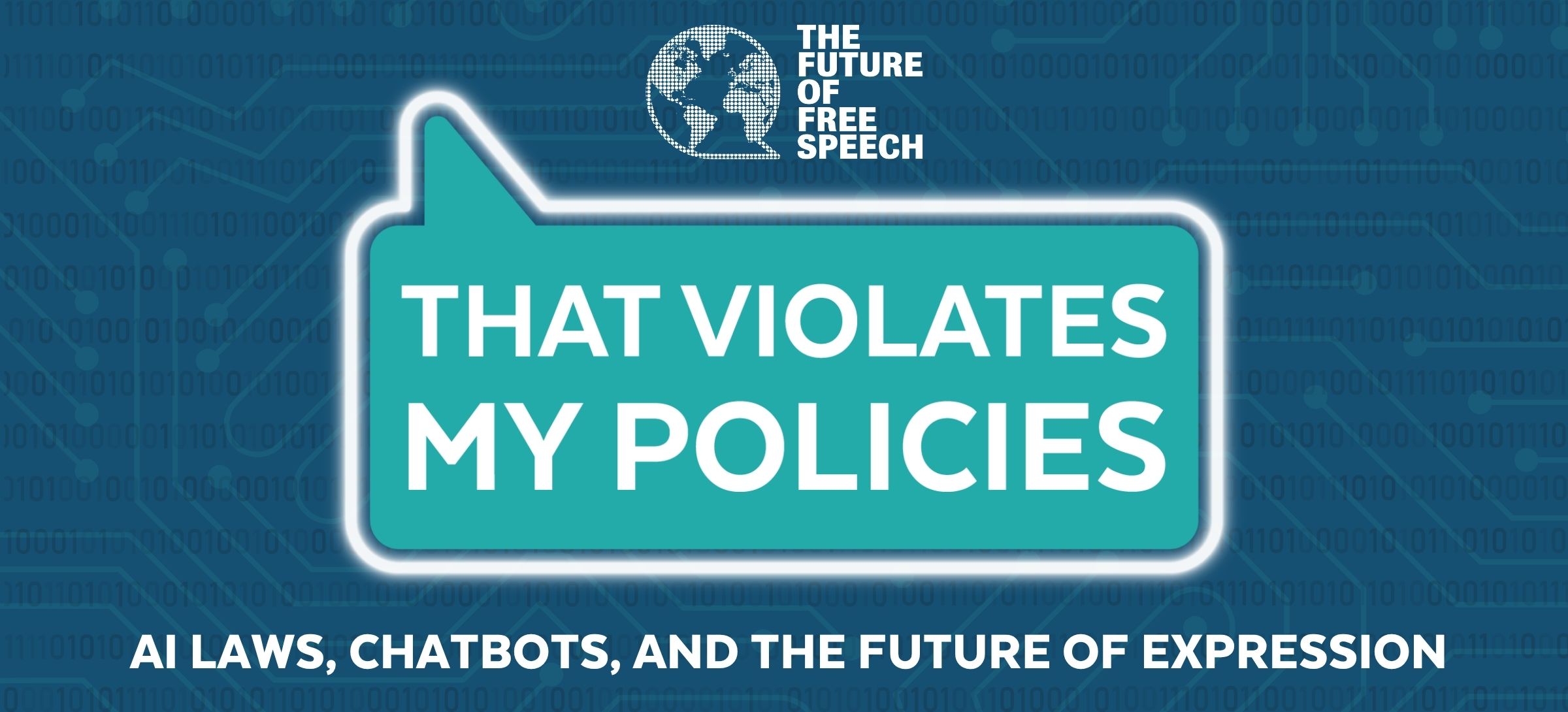That Violates My Policies: AI Laws, Chatbots, and The Future of Expression
Executive Summary Generative artificial intelligence (AI) has transformed the way people access information and create content, pushing us to consider whether existing frameworks remain fit for purpose. Less than three years after ChatGPT’s launch, hundreds of millions of users now rely on models from OpenAI and other companies for learning, entertainment, and work. Against a […]










